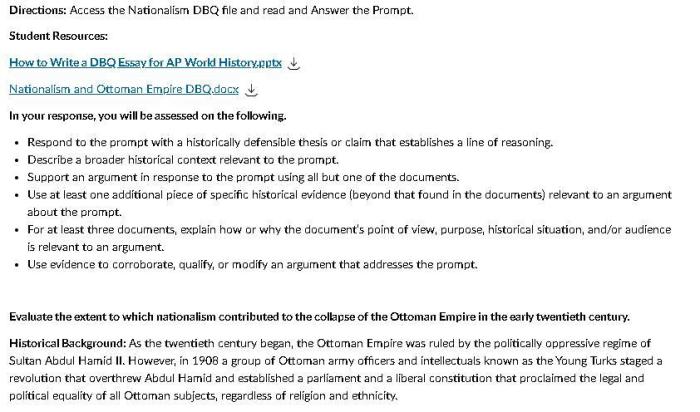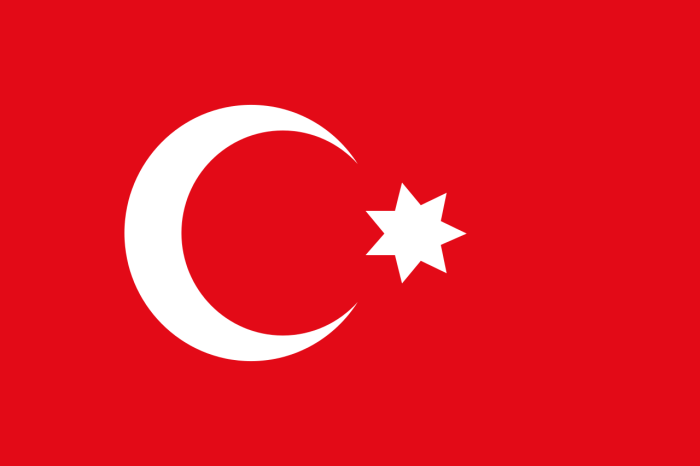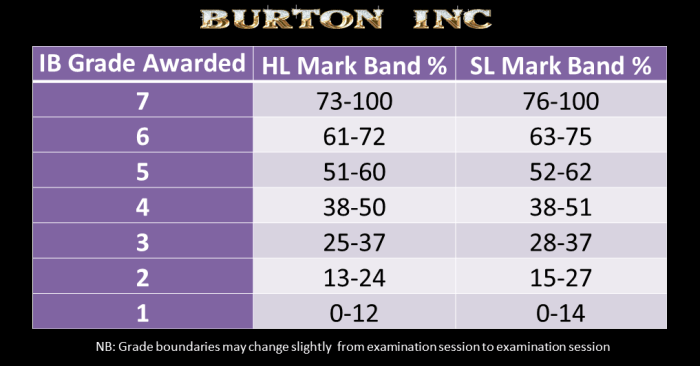The ottoman empire contributed indirectly to the start of ww1 – The Ottoman Empire’s Indirect Contribution to the Outbreak of World War I sets the stage for this enthralling narrative, offering readers a glimpse into a story that is rich in detail and brimming with originality from the outset. This analysis will delve into the complex interplay of factors that led to the empire’s involvement in the conflict, shedding light on the intricate web of alliances, territorial disputes, and nationalist aspirations that ultimately contributed to the outbreak of one of the most devastating wars in human history.
The Ottoman Empire’s Weakening and Loss of Territory

The Ottoman Empire had been in decline since the 19th century. It had lost territories in the Balkans, North Africa, and the Middle East. The loss of these territories weakened the empire’s economy and military.
Rise of Nationalism in the Balkans
The Ottoman Empire’s loss of territories led to the rise of nationalism in the Balkans. The Slavic and Balkan populations of the empire began to seek autonomy or independence from Ottoman rule.
European Powers’ Involvement, The ottoman empire contributed indirectly to the start of ww1
The European powers, such as Russia, Austria-Hungary, and Germany, were also involved in the Balkans. They had their own interests in the region and their rivalries influenced the region’s political and territorial dynamics.
Assassination of Archduke Franz Ferdinand
The assassination of Archduke Franz Ferdinand of Austria-Hungary in Sarajevo in 1914 was the spark that ignited World War I.
Ottoman Empire’s Role in the Outbreak of War
The Ottoman Empire was allied with Germany and its military actions in the Balkans contributed to the escalation of tensions and the start of World War I. The empire’s role in the opening battles and campaigns of the war was significant.
Query Resolution: The Ottoman Empire Contributed Indirectly To The Start Of Ww1
How did the Ottoman Empire’s decline contribute to the outbreak of World War I?
The Ottoman Empire’s gradual decline in the 19th and early 20th centuries weakened its control over its territories, particularly in the Balkans. This loss of territory and influence created a power vacuum that invited intervention from European powers and fueled nationalist movements within the empire.
What role did nationalism play in the outbreak of World War I?
The rise of nationalist movements within the Ottoman Empire, particularly among Slavic and Balkan populations, led to demands for autonomy or independence. These movements sought to break free from Ottoman rule and establish their own nation-states, which contributed to the region’s political instability and increased tensions between the empire and its neighbors.
How did European powers contribute to the outbreak of World War I?
European powers, such as Russia, Austria-Hungary, and Germany, played a significant role in the Balkans. Their interests and rivalries influenced the region’s political and territorial dynamics. These powers supported different nationalist movements and sought to expand their own influence in the region, which further escalated tensions and contributed to the outbreak of war.



